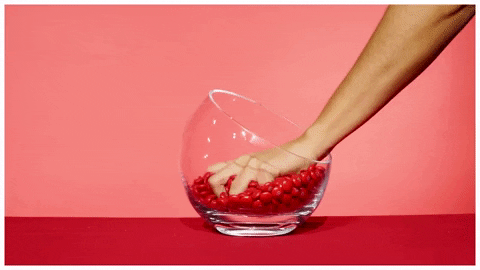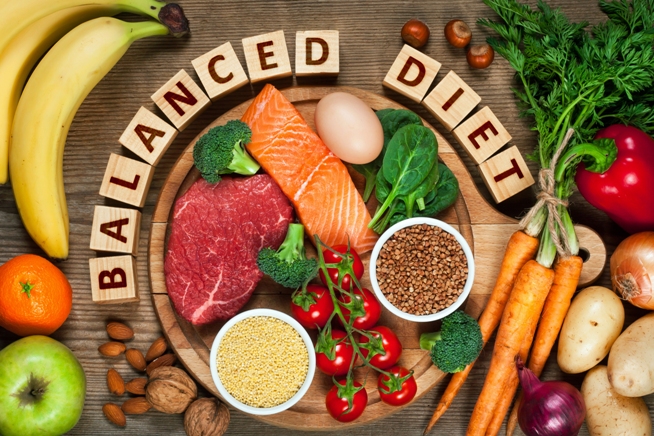
Desserts everywhere–but you better not eat far too many as it can trigger depression. Says who? Well, research does.
According to a study conducted by the researchers at the University of Kansas (KU) in the US, winter season is all about dwindling daylight and changes in the sleep patterns. And if during this time, you indulge in sugary confectionaries then it may lead to a “perfect storm” that adversely affects mental health.
The co-author, Stephen Ilardi, who is also KU associate professor of clinical psychology says:
For many people, reduced sunlight exposure during the winter will throw off circadian rhythms, disrupting healthy sleep and pushing five to 10% of the population into a full-blown episode of clinical depression.
The study, published in the journal Medical Hypothesis, noted that these symptoms of “winter-onset depression” could prompt people to consume more sweets.

Ilardi also says that “We’ve got up to 30% of the population suffering from at least some symptoms of winter-onset depression, causing them to crave carbs–and now they’re constantly confronted with holiday sweets.”
According to the researchers, avoiding added dietary sugar might be particularly challenging as sugar provides an initial mood boost, leading some with depressive illness to seek it for its temporary emotional lift.
The study also mentions that when it comes to depression, people who optimize their diet should provide all the nutrients the brain needs, and mostly avoid these potential sugary toxins.
Take this quiz to know what more sugar can do to your body
Inflammation is another important physiological effect of dietary sugar related to mental health and depressive disorder.
Select Topics of your interest and let us customize your feed.
PERSONALISE NOW“A large subset of people with depression have high levels of systemic inflammation,” said Ilardi.
He added:
We also know that inflammatory hormones can directly push the brain into a state of severe depression. So, an inflamed brain is typically a depressed brain. And added sugars have a pro-inflammatory effect on the body and brain.
More sugar is also an open invitation to bacteria
The researchers also noticed that sugar impacts the community of bacteria living in the human intestines, or the microbiome, as a potential contributor to depression.
“Our bodies host over 10 trillion microbes and many of them know how to hack into the brain,” Ilardi said.
The KU scientist said the beneficial microbes hack the brain to enhance our well-being. But he added that there are also some opportunistic microbes that have a near parasitic relationship with their human hosts.
“Many of those parasitic microbes thrive on added sugars, and they can produce chemicals that push the brain in a state of anxiety and stress and depression. They are also highly inflammatory,” Ilardi cautioned.
This is what the study recommends you to eat
You need to cut down on processed diet. For the optimal psychological benefit eat a diet that is rich in plant-based foods and omega-3 fatty acids.

So, it’s a big yes to the holiday season but try saying a no to those sugary indulgences for the sake of your mental health.
With inputs from PTI